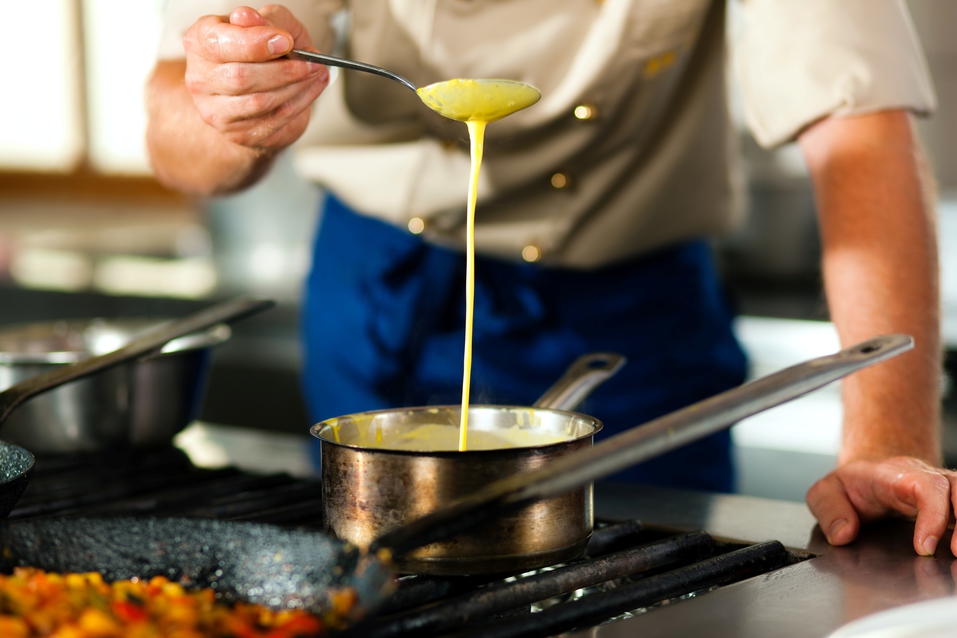Private residence events are lots of fun to plan – not only do you get a blank slate to work with, but private events are often much more intimate celebrations where friends and family can really let go and enjoy themselves.
For event teams, it can take a bit of extra coordination, as the space typically isn’t optimized for event productions.

Onsite indoor kitchens
When it comes to private venues, you’re generally faced with one of two options: either you can make use of the client’s kitchen or you can set up a makeshift kitchen outside. Using the client’s kitchen is great, but the issue they tend to be too small to accommodate larger events. You most likely won’t have enough space for refrigeration and cooking for a group over 50. Clients may also be wary about letting people in their homes, especially if it means floors or carpets along the service route will get a lot of foot traffic.
Off-premises kitchens
If that’s the case, you’ll need to bring in rentals to makeshift a kitchen when necessary. When making a kitchen from scratch, you’ll need to review your menu to determine what exactly you’ll need to bring in. Once you have a list of the appliances you need to rent, there are a few considerations to keep in mind. Take a look at the sightline – is the kitchen visible to the event guests or is it possible to hide it? Does it need sidewalls? Will you need a separate space for preparation in addition to the cooking space? If you are bringing in ovens and stoves, be sure to check on fire permits and ensure that there is an extinguisher nearby.
Electricity & water
Check with the clients to determine how much electricity you will have access to – you’ll need to determine whether there is enough to run the kitchen, the DJ, and the lighting. This is a good time to coordinate with other vendors to ensure everyone will be set with electricity needs. If you need to add on, check with the rental company to see what kind of generators are available. Look for quiet ones that can be placed discreetly on the property.
Not only do you need to confirm where to get cooking water, but you’ll also need to determine the best place to wash your hands in proximity to the kitchen if you don’t have immediate access to a sink. It’s important to ensure that each of these water sources is sanitary.
Trash
Depending on the client, you may be able to store the trash somewhere out of the way for them to dispose on garbage day. However, they may prefer for your to take the trash with you and dispose in your own dumpster. Find out in advance so you can plan the post-event logistics.
Parking & delivery
It’s important to determine where your company will be parking so you can plan the unloading process and the service route, as well as whether there’s a discrete place to reload the truck after dinner is finished. If there are hills or the route is not paved, you may need to reconsider using carts especially if the grass has recently been watered.
Private venue events are certainly a special experience for everyone, but do keep in mind that you’ll need to check on a number of things that may be assumed at venues open to the public. The key is communication – ensure that you’re on the same page as the venue coordinator, the planner, and the rest of the event team!
Jennifer Taylor is the owner of Taylor’d Events Group, a planning firm that specializes in celebrations of all kinds in the Pacific Northwest and Maui. She is also the creator of The Taylor’d Plan, a self-administered class for wedding planners who are new to the industry and looking to grow and develop their skills.



